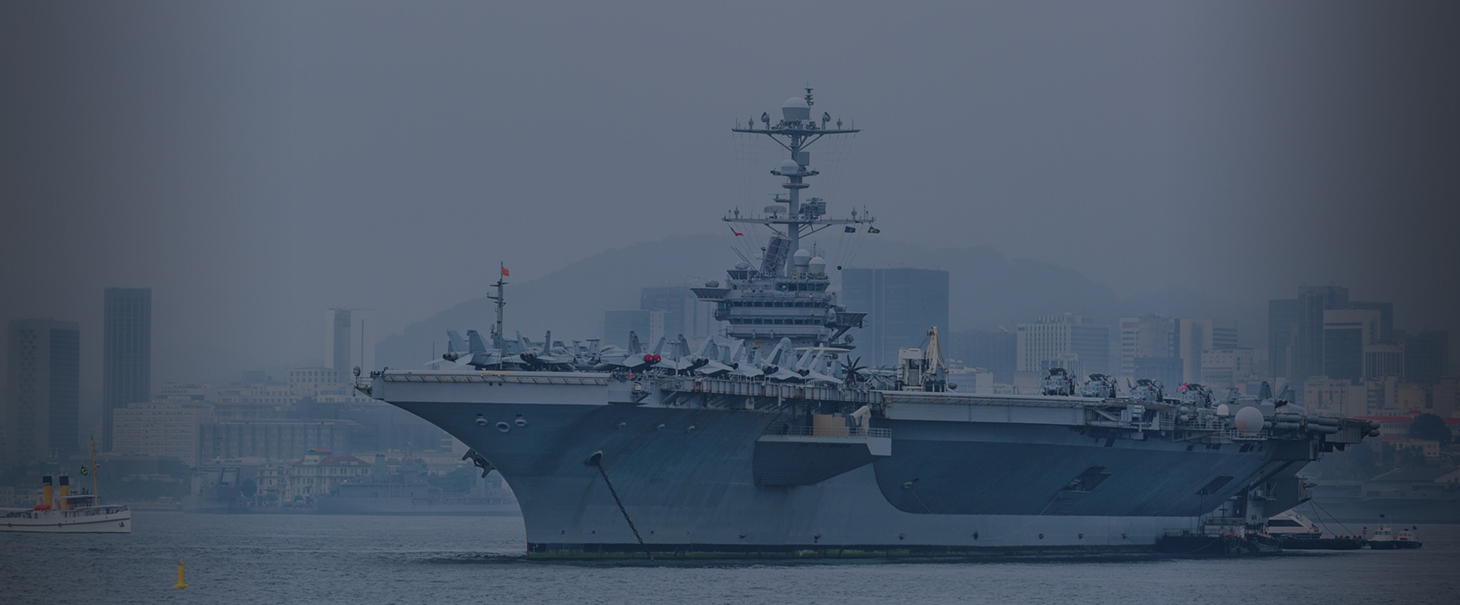EXPERT
Issues
Locations
DOWNLOAD
What would President Abraham Lincoln say? If it isn’t bad enough that four of the last seven former Illinois governors were jailed for assorted crimes of corruption, racketeering and bribery, now the Land of Lincoln has produced two world leaders straight from the Chicago-style school of politics, Barack Obama and Ecuador’s Rafael Correa, pushing their countries to the limit through increasingly authoritarian rule. President Obama, a former law professor at Univ. of Chicago — in other words, a man who ought to know better — continues to undermine the Constitution and abuse executive powers in what House Speaker John Boehner calls “king-like authority.” And Obama’s reaction? “So sue me.” Whether it’s the overreach from executive orders increasingly struck down by the judiciary branch, skirting the process for complex immigration reform, releasing five top Taliban leaders from Guantanamo without the required Congressional notification, or a myriad of other sensitive issues, Obama rules however he sees fit. And he’s not shy about it. Obama justifies his heavy handed approach on domestic politics, wryly noting, “as long as they’re doing nothing, I’m not going to apologize for doing something.” While he’s fought hard to marginalize the opposition in Congress, at least there have been some additional checks on his power. At last count, the Supreme Court has struck down 13 executive orders as unconstitutional. The most recent decision to nullify senior political appointee recess appointments came down by a whopping 9-0 decision. Which isn’t surprising since as the court notes, the Senate wasn’t even in recess at the time. And that speak volumes about the Obama administration’s mindset – when it comes to domestic politics, they are tough as nails. When it comes to foreign policy, it’s an entirely different ballgame. Instead of the Chicago tough guy, Obama routinely seeks to appease enemies like radical Islamists, now overrunning the Middle East, and likely Afghanistan once U.S. troops pull out in 2016. And he’s consistently shown weakness towards rivals like Russia, emboldening Vladimir Putin’s plan to re-constitute a Russian Empire by carving up his neighbors Georgia, Ukraine and maybe others to “protect Russians.” And softness towards Xi Jinping’s plan to dominate the Western Pacific and control highly coveted, resource-rich swaths of ocean. Though as bad as Obama’s iron grip on domestic policy is, it could be worse. Take Ecuador, for instance. In Quito, President Rafael Correa, who earned a PhD in economics from Univ. of Illinois, is undermining the Constitution by setting in motion a process to repeal presidential term limits and serve for life, just like his dictator pals have already done in places like Cuba, Venezuela and Nicaragua. Correa’s third term ends in 2017, but under a legal process weaving its way through the legislature and destined for rubber stamping by the judiciary, he’ll be entitled to an unprecedented fourth term. And how has he managed that? Old school, tough-as-nails, Chicago-style politics. Since his inauguration in 2006, Mr. Correa has systematically taken control of the legislature through bruising politics, and the judiciary under so-called “reforms,” which has allowed him to routinely punish political opponents and maintain an iron grip on power. Meanwhile, he’s dismantled freedom of the press, calling the media his “worst enemy” and “ink assassins,” waging a campaign to shutter private media companies and at times even arrest its leaders. He upped the ante in 2013 by passing a Communications Law to further silence dissent. At least civil society is paying attention. The Committee to Protect Journalists notes that Correa’s government has issued about 100 complaints against the press since the law went into effect, some carrying fines of up to $100,000. Human Rights Watch provides some context in its 2014 Ecuador report by noting, “Prosecutors use overly broad counter-terrorism and sabotage offenses against government critics who engage in public protests.” And Freedom House has once again listed Ecuador as “Not Free” in its annual Freedom of the Press Report. And on the foreign policy front, unlike Obama who has been a dove towards adversaries, Correa retains an aggressive stance towards his, namely the U.S. Which explains why he has openly courted Iran, and why Ecuador has appeared on an international governmental list for money laundering. It is ironic that Correa’s formative political years in Illinois and his tough Chicago-style politics are now being used against both the U.S., and simultaneously to repress his own people. So while Asst. Secretary of State for the Western Hemisphere Roberta Jacobson visits Ecuador on July 15, she should let Correa know that Americans are paying attention. And their patience is running thin for authoritarians — both in Washington and Quito.


 SFS Team
SFS Team